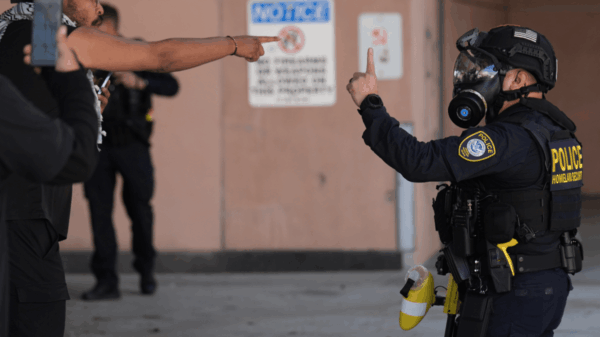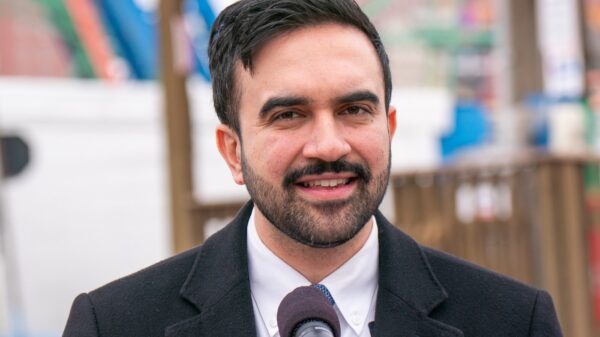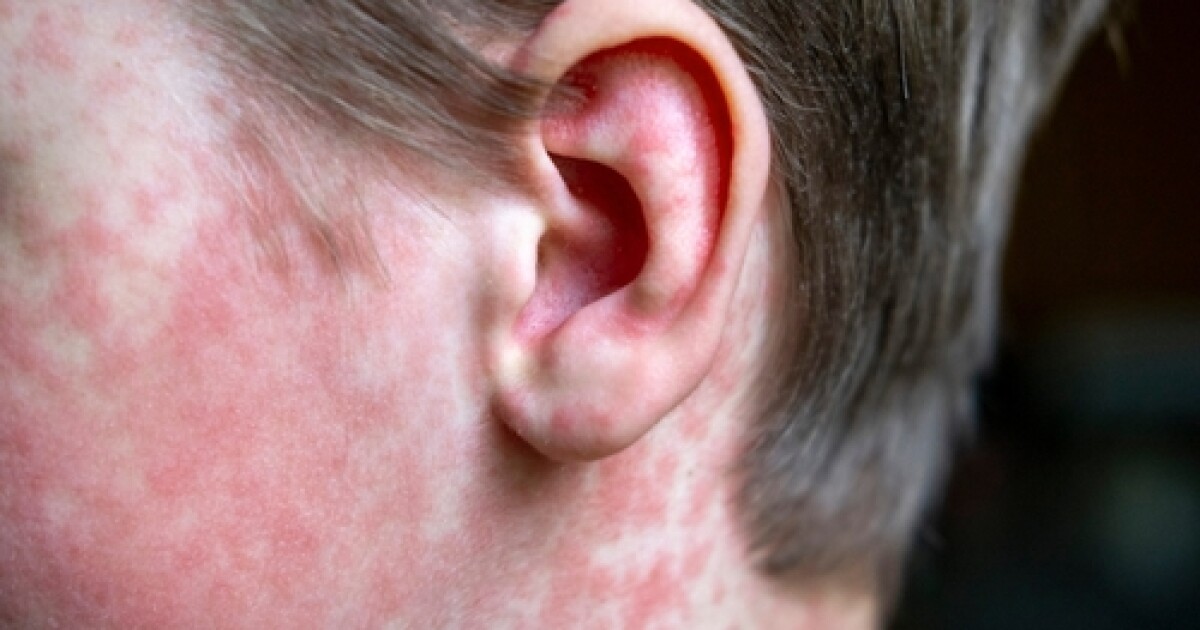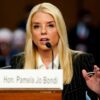The number of measles cases in the United States has surged to a level not seen in over three decades, with 1,288 confirmed cases reported across 38 states so far in 2023. This alarming increase, confirmed by the Centers for Disease Control and Prevention (CDC), represents the highest incidence of measles since 1992. The CDC attributes this rise in cases to a notable decline in childhood vaccination rates, alongside outbreaks occurring in various states.
Measles was officially declared eradicated in the U.S. in 2000, primarily due to the success of vaccination programs. Health experts are concerned that the current situation could reverse the significant progress made over the past two decades. This year’s figures show a dramatic rise from the 285 cases reported in the previous year, highlighting the urgency of addressing vaccination coverage.
Measles Transmission and Health Risks
Measles is recognized as one of the most contagious diseases globally. The virus spreads easily through direct person-to-person contact and can linger in the air for up to two hours after an infected individual coughs or sneezes. The risks associated with measles are particularly severe for children under five, who can suffer from serious health complications.
In Southeast Michigan, local health officials have reported 18 confirmed measles cases this year, with 27 exposure sites identified in Wayne, Washtenaw, Oakland, and Macomb counties. These exposure sites are locations where individuals with measles have been present, potentially exposing others to the virus.
The CDC strongly recommends the measles-mumps-rubella (MMR) vaccine as the most effective prevention strategy. According to their guidelines, children should receive their first dose of the MMR vaccine at the age of one, followed by a second dose between the ages of four and six, prior to starting school.
Vaccination decisions remain personal choices for families. Health professionals urge parents to consult with their healthcare providers to understand the benefits of immunization and to discuss any concerns they may have.
As the situation develops, public health officials continue to emphasize the critical importance of vaccination in controlling the spread of measles and protecting vulnerable populations.








































































